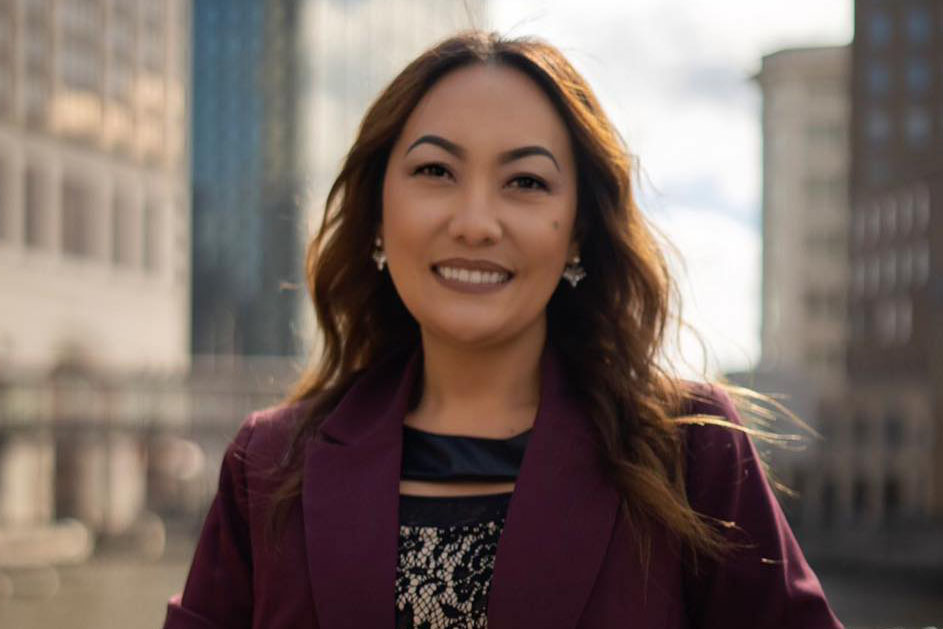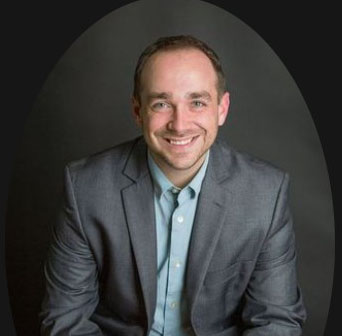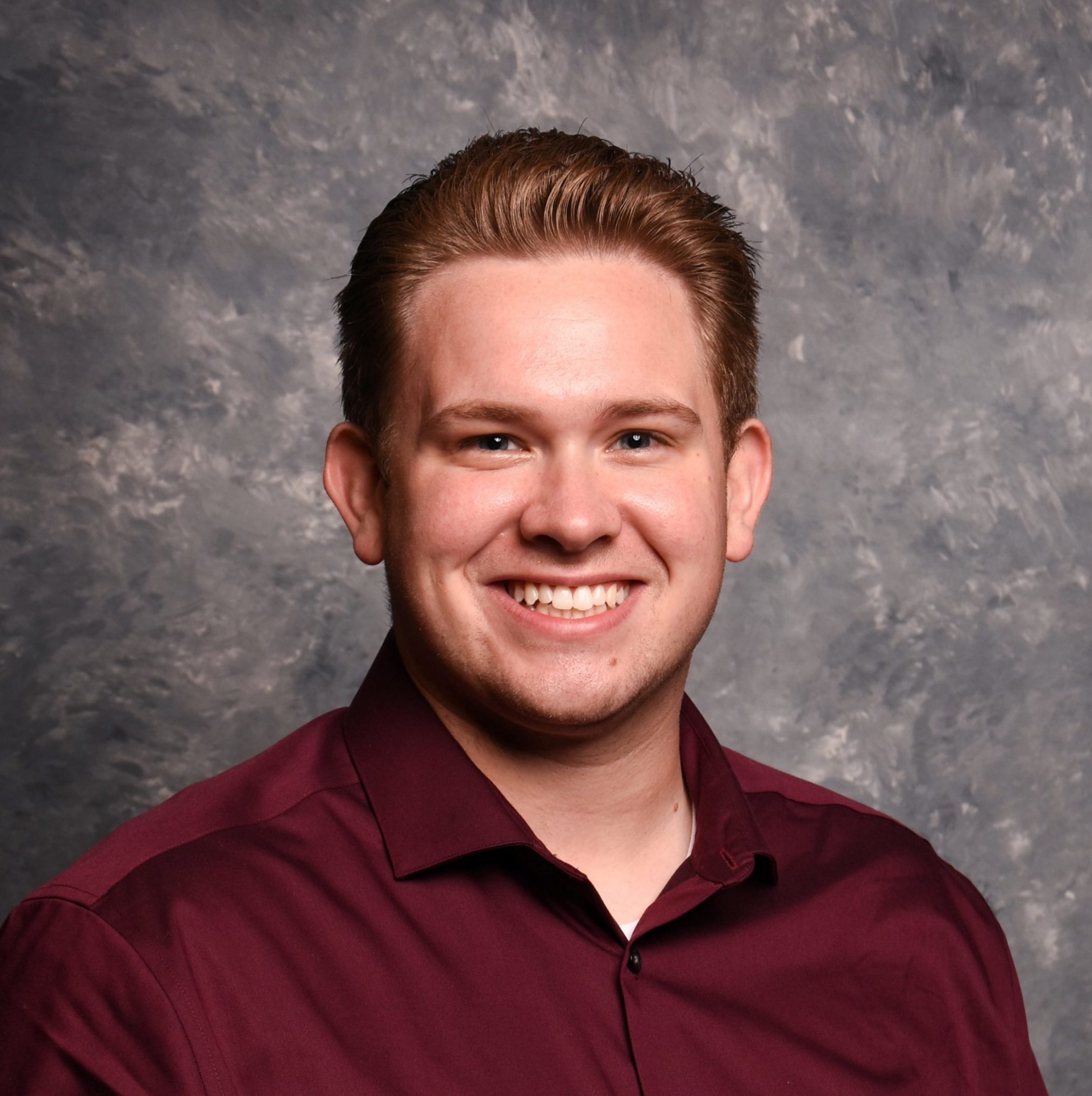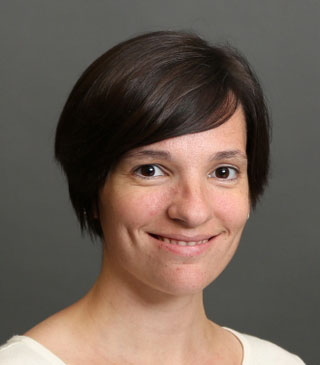Schoenfeld’s landmark civil rights work changes lives
By: MaryBeth Matzek, Special to the Wisconsin Law Journal//November 16, 2016//
Schoenfeld’s landmark civil rights work changes lives
By: MaryBeth Matzek, Special to the Wisconsin Law Journal//November 16, 2016//
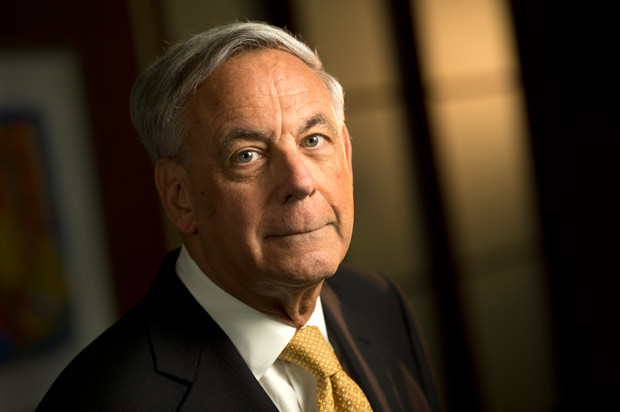
Howard Schoenfeld views himself first and foremost as a trial attorney.
“I’ve been trying cases for more than 40 years,” said Schoenfeld, an attorney with DeWitt Ross & Stevens in Brookfield. “The number of cases going to trial has definitely gone down, which is why I enjoy every chance I get to be in front of a judge and jury.”
Schoenfeld handles a variety of cases, including civil rights, complex business and construction litigation, personal injury and professional liability litigation. He’s known for high-profile cases, including his current representation of the widow of Michael Funk, who was shot and killed by police while fleeing a hostage situation in Neenah last year, in a $3.5 million wrongful death claim against the city of Neenah and two Neenah Police Department officers.
“I’m definitely known for my civil rights work. People come to me for that,” he said.
A case from 2006 put him on the map for civil rights work. Schoenfeld represented a development company that claimed the city of Sturgeon Bay violated its civil rights. The jury agreed with his argument that the city used its building permit powers to get concessions the developers hadn’t agreed to. It was an abuse of governmental powers that deprived the developers of their constitutional rights associated with their property interest.
Schoenfeld said successful trial lawyers rely on their own persuasive skills and the ability to put together a cohesive argument.
“I admit I’m old school when it comes to technology in court. I see attorneys come into court with their laptops and surrounded by technology, but until you come up with a computer that can stand up in front of a jury I am sticking to my ways,” he said, adding he has team members to help him put together PowerPoint presentations and videos to show to juries since “you make more of an impression if you can say it, and then the jury can see it.”
When putting together a case, Schoenfeld said the story laid out for the jury needs to credible, relatable and true.
“It’s the trial attorney that most juries identify with,” he said. “The jury has to like you and you need to present your case in a persuasive way.”
Schoenfeld said while technology may have changed what the jurors see, preparing for trial remains the same.
“I don’t have a teleprompter when I get up there and I do look quickly at my notes before speaking to the jury, but then I get up and walk over to the box,” he said. “I look at them while I’m speaking and based on their reactions I may change my delivery or wording. There is a lot of preparation involved. You need to know your arguments and evidence inside and out.”
Wisconsin Law Journal: What makes your work important to you?
Howard Schoenfeld: Recognizing, as I do, that the cases I am privileged to be entrusted with often involve, what many clients have told me, is the most important single event of their life. Whether it is dollars, or your civil rights vindicated, the message and the emotions are wholly consistent — ‘you changed my life.’
WLJ: Who is your hero in the legal field?
Schoenfeld: The legendary trial lawyer Clarence Darrow was my inspiration to be a lawyer. He fought his entire career for the rights of all people regardless of their station in life: ‘In my career, I have represented the rich and the poor, the powerful and the powerless. But never rich against poor, never the powerful against the powerless.’ These words, spoken by Darrow, are my moral compass and they have guided me both in my practice and in my daily life.
WLJ: What do you do outside of work to deal with the stress of the office?
Schoenfeld: My outlets are tennis, biking and bass fishing. I also enjoy spending time with my wife who for many years has been my selfless friend and safe harbor. Lastly, that end-of-the-day martini!
WLJ: What is the one thing that many people get wrong about what you do?
Schoenfeld: They think I am a litigator. I tell them I am a trial lawyer — there is a difference. I explain it to them. I am not sure they understand, but I do.
WLJ: What is your favorite memory from law school?
Schoenfeld: Apart from all of the treasured relationships that I had over those three years, my fondest memory is spending graduation day on a pristine Wisconsin lake with the beautiful girl that I married two weeks earlier.
WLJ: Is there a certain case that stands out to you?
Schoenfeld: There are so many cases, but there is one that I will never forget — winning an incredibly difficult and complex civil rights lawsuit against the city of Sturgeon Bay. The Wisconsin Law Journal wrote a very detailed account of that case and the framed article is on the wall of my office and the office of my client and dear friend.
Legal News
- Milwaukee’s Common Council now has the most African Americans, women and openly LGBTQ members ever
- Office of School Safety Provides Behavioral and Threat Assessment Management Training Ahead of 25th Anniversary of Columbine Shooting
- Wisconsin Supreme Court to hear arguments in Democratic governor’s suit against GOP-led Legislature
- Lawsuit asks Wisconsin Supreme Court to strike down governor’s 400-year veto
- Wisconsin man pleads not guilty to neglect in disappearance of boy
- ACS Selects University of Wisconsin Law School’s Miriam Seifter for 2024 Ruth Bader Ginsburg Scholar Award
- People with disabilities sue in Wisconsin over lack of electronic absentee ballots
- Wisconsin Republicans ignore governor’s call to spend $125M to combat ‘forever chemicals’
- Native American voices are finally factoring into energy projects
- Steven Avery prosecutor Ken Kratz admits ‘mistakes were made’
- Colombian national extradited to Milwaukee faces International narcotics-trafficking conspiracy charge
- MPD: Milwaukee homicides down nearly 40 percent compared to last year
WLJ People
- Power 30 Personal Injury Attorneys – Russell Nicolet
- Power 30 Personal Injury Attorneys – Benjamin Nicolet
- Power 30 Personal Injury Attorneys – Dustin T. Woehl
- Power 30 Personal Injury Attorneys – Katherine Metzger
- Power 30 Personal Injury Attorneys – Joseph Ryan
- Power 30 Personal Injury Attorneys – James M. Ryan
- Power 30 Personal Injury Attorneys – Dana Wachs
- Power 30 Personal Injury Attorneys – Mark L. Thomsen
- Power 30 Personal Injury Attorneys – Matthew Lein
- Power 30 Personal Injury Attorneys – Jeffrey A. Pitman
- Power 30 Personal Injury Attorneys – William Pemberton
- Power 30 Personal Injury Attorneys – Howard S. Sicula






